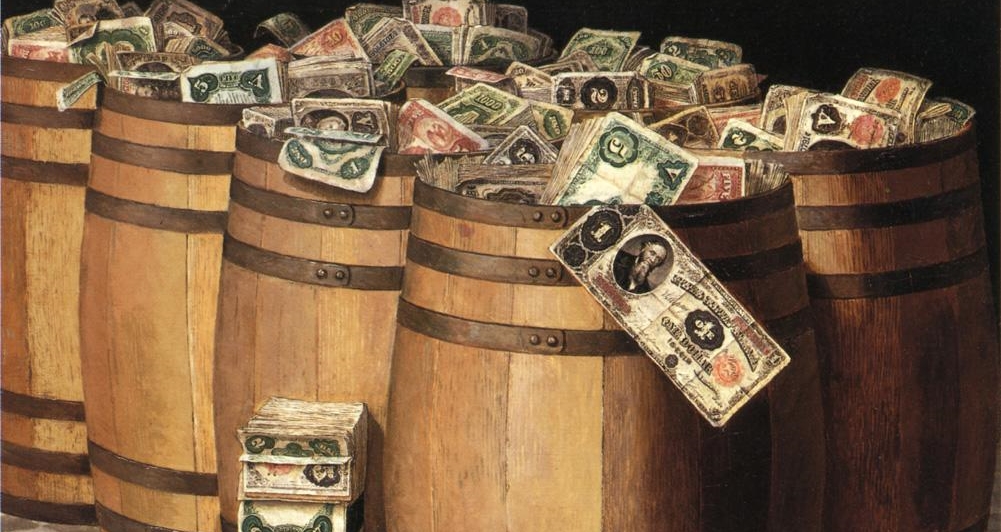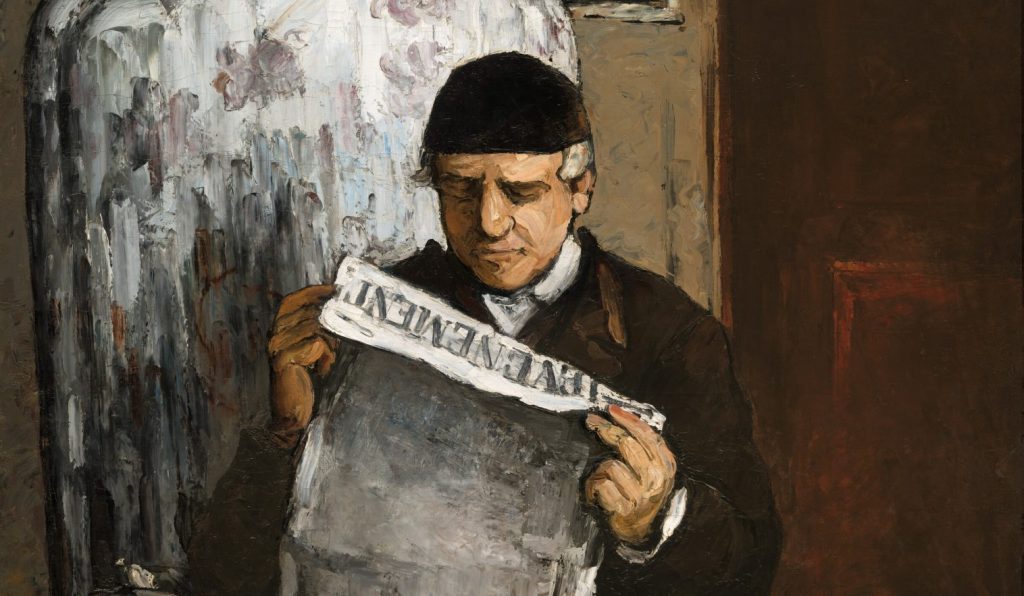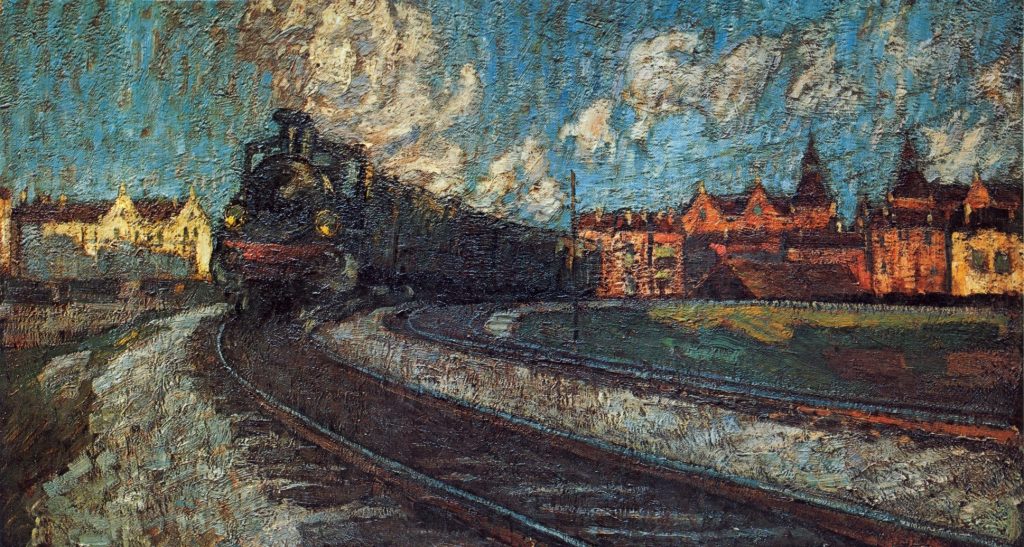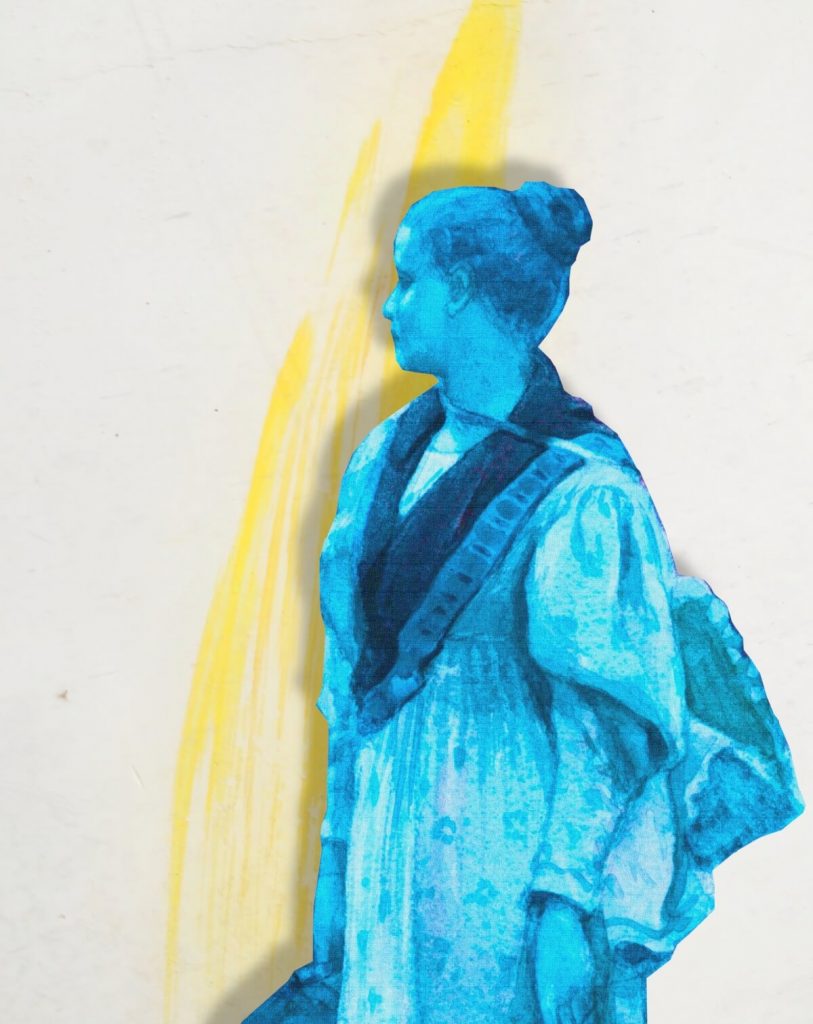ABOUT Mate Hajba
Director of the Free Market Foundation, which advocates economic freedom, civil rights and tolerance. He is also the author of several books promoting free markets and civic liberties. He served as the Vice President of Civic Platform, which runs anti-racist campaigns and promotes democratic values. He is interested in the relationship between the state and the individual and in the concept and history of liberty. He writes for international press on issues such as intolerance in Hungary and international relations. To promote the concept of individualism, liberty, tolerance and free market, he co-founded a youth organization named Eötvös Club.










